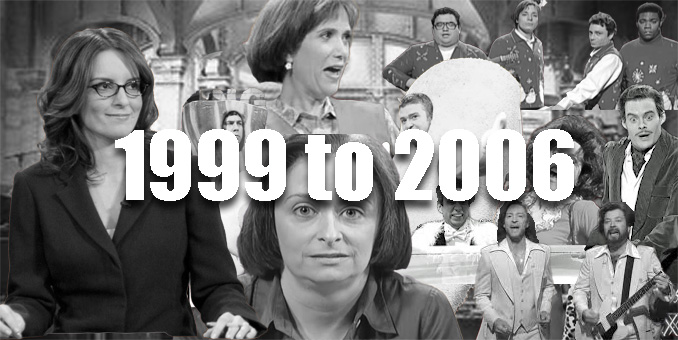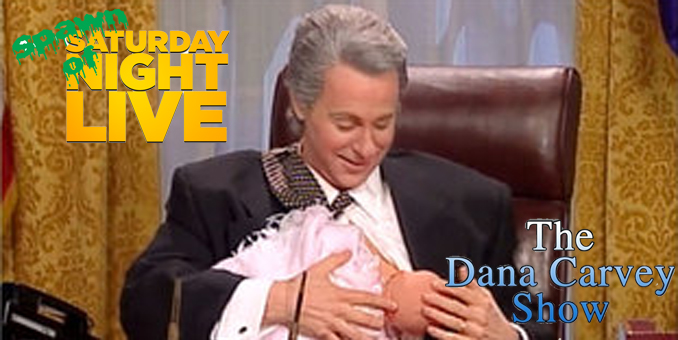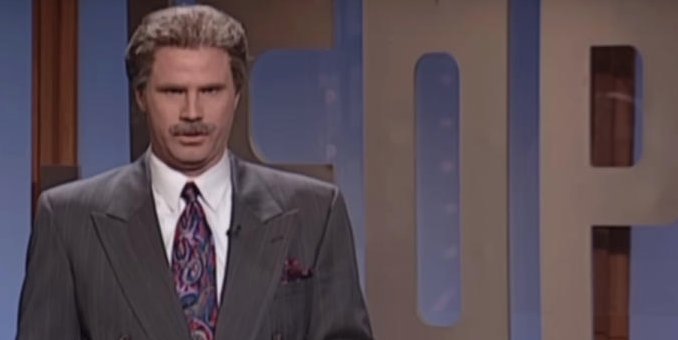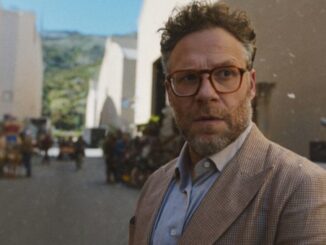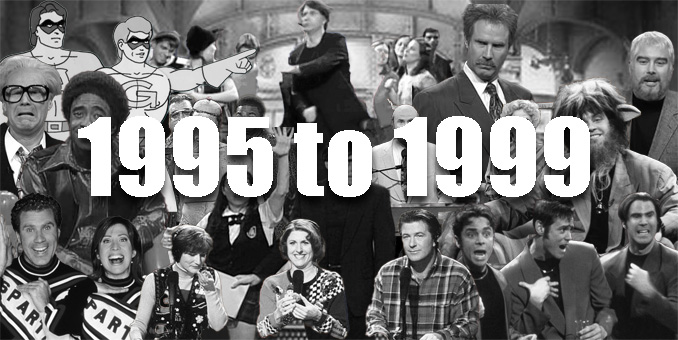
Featured Stories
Latest Headlines
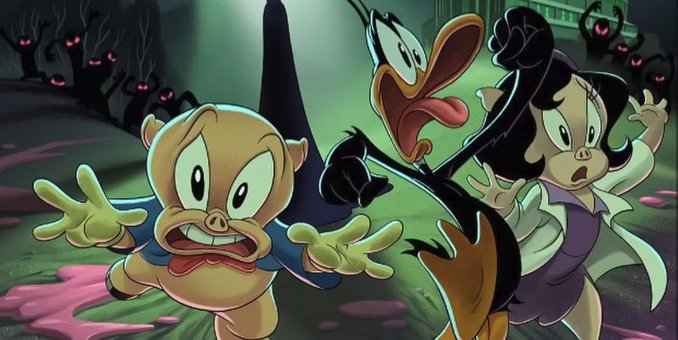
Film Reviews
Review: THE DAY THE EARTH BLEW UP Is A Looney Time For Kids
The animated feature starring Daffy Duck and Porky Pig will entertain kids but may seem a bit familiar to adults. [click for more]
-
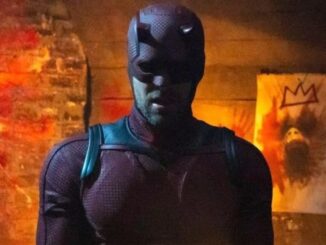 The hard hitting hero of Hell’s Kitchen is back with a new series on Disney+. [click for more]
The hard hitting hero of Hell’s Kitchen is back with a new series on Disney+. [click for more] -
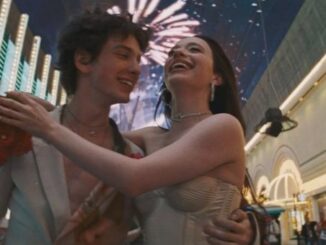 Anora, the ersatz Cinderella story about a stripper who impulsively marries the son of a Russian oligarch from writer-director Sean Baker was the big winner at the 95th Academy Awards this evening, taking home five [click for more]
Anora, the ersatz Cinderella story about a stripper who impulsively marries the son of a Russian oligarch from writer-director Sean Baker was the big winner at the 95th Academy Awards this evening, taking home five [click for more]

